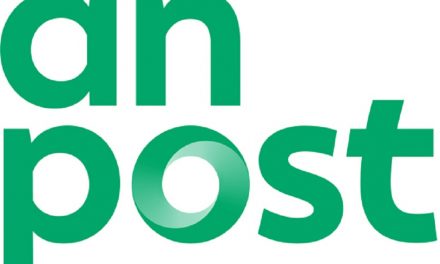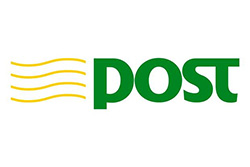
Delivering a challenge to the integrators
The next-day parcels market in Ireland today is worth IR£110m-120m (€140m-152m). SDS, the parcels arm of the Irish post office An Post, claims a 40% share and rising. Overall turnover is likely to approach IR£68m (€86m) this year and the company is profitable, unlike its sickly Parcelforce counterpart in the UK.
It was not always thus. In 1988-89, the division was losing IR£6m (€7.6m) on a turnover of IR£15m (€19m). Around 85% of its traffic was what MD Peter Sweeney calls “granny parcels” and the business-to-business market had not been fully exploited.
By 1993 the business was breaking even. It was achieving 5-8% annual volume growth through the 1990s, although revenue was still lagging.
A new IR€12m (€15m) sorting hub at Newlands, south-west Dublin, came on stream last year and Sweeney, becoming MD in 1999, had the luxury of starting with a
blank sheet of paper. “Ten years earlier, our equipment had been the best in the UK, but it was becoming jaded. Our designers put down their ideal sorting
system, and we just put a shell round it.”
The new system handles packages with kid gloves in a system Sweeney describes as a “hospital trolley on rollers”. This has opened up opportunities at the premium end of the market, such as distributing cigarettes to retail outlets. The manufacturers set a high spec, demanding shrinkwrapped cartons with “a fraction of 1Y(” damaged on arrival. “And their idea of damage was not the guts hanging out, but a tiny scratch,” he says.
It is not just technology which has helped secure this type of work. Sweeney also overhauled the operating structure, replacing five management layers with two. ‘We introduced team working and people are now paid on performance, not attendance,” he says.
Parcel traffic correlates closely to the national economy, so SDS benefited from a 10% growth in Ireland’s GNP last year. That figure is likely to halve this year, but SDS is heading for revenue growth of 9-10%, despite one-off factors which have made for an unusually
difficult
business
climate.
“Foot and mouth hit tourism, and cost us IR£2m (€2.5m) in sales revenue. Many visitors stay three weeks for St
Patrick’s Day and post back presents to relatives,” says Sweeney. “And we had a difficult time with anthrax.”
There were 24 incidents which resulted in temporary depot closures. Although there were no genuine cases, the company could not be too careful. “Postal workers in
the US were dying, and people were genuinely concerned and scared.”
SDS chose those initials (Special Distribution Service) to suggest a new era in distribution technology, says Sweeney. Almost 15% of business is now for next-day pre-noon delivery ‘We’ve matched ourselves against the likes of TNT rather than traditional postal services.”
The company is now focusing on building its international traffic, which currently represents only 20% of turnover. “Our international service is a big disappointment. We’re an open economy and we’re not getting the share we should,” says Sweeney.
The agreement signed earlier this year with ANC in the UK, whereby the companies deliver each others premium parcels, is just the first of what he hopes will be a number of strategic alliances. Partnerships will operate both ways. We are eager to tie up with anyone who wants inbound delivery into Ireland he says.
FOr outbound delivery, post offices are not excluded from consideration: We will use a postal supplier in any country provided they meet our specification. Were not after the cheapest, but the best says Sweeney.
Our market is the 32 counties [of Northern Ireland and the Republic]. We want global reach but we cant do it ourselves. We may have to do one deal for Europe and another in the US, but ideally thats not what were looking for.












